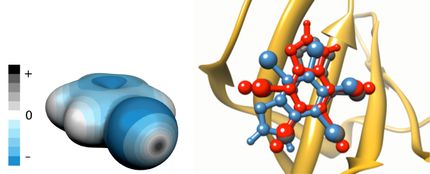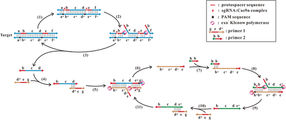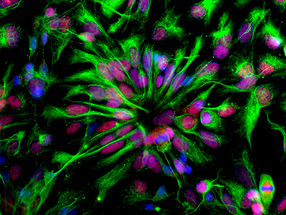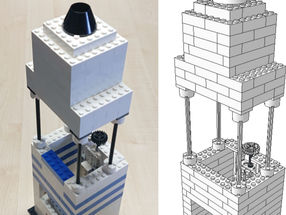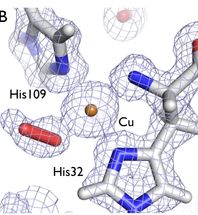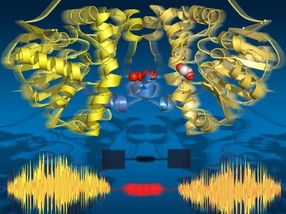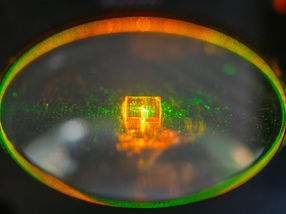Sebastian Hasenstab-Riedel receives new prize for molecular chemistry of main group elements
Christel and Herbert W. Roesky Prize is awarded for the first time
At the GDCh Science Forum Chemistry (WiFo), the German Chemical Society (GDCh) awards Professor Dr. Sebastian Hasenstab-Riedel, Freie Universität Berlin, the Christel and Herbert W. Roesky Prize. The award from the Christel and Herbert W. Roesky Foundation set up by the GDCh is endowed with 10,000 euros and is being presented for the first time. Hasenstab-Riedel receives the award for his outstanding achievements in the field of transition and main group chemistry as well as modern molecular spectroscopy under cryogenic conditions. The award ceremony will take place on September 6 as part of the WiFo closing lecture.
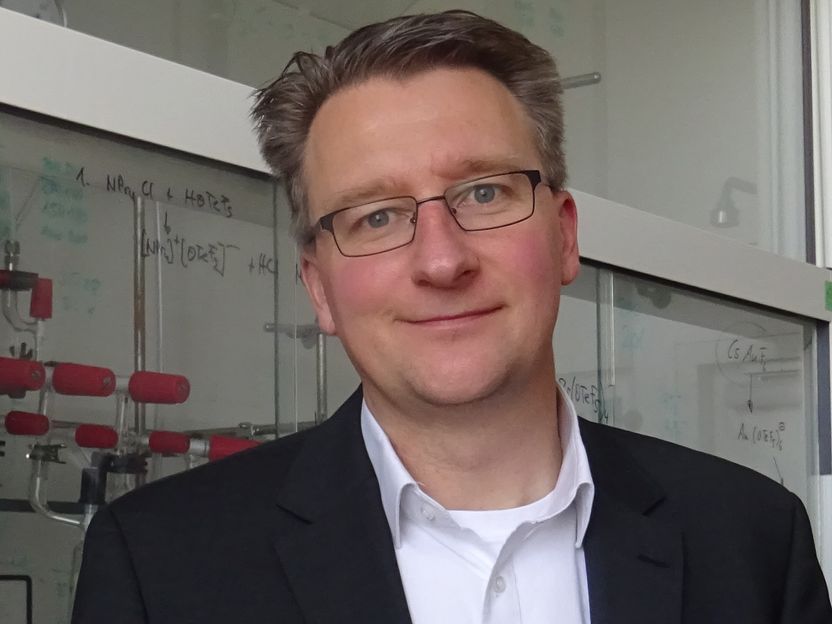
Professor Dr. Sebastian Hasenstab-Riedel
privat
Sebastian Hasenstab-Riedel is considered a leading international scientist in the field of halogen chemistry, which is important for numerous applications ranging from modern plastics to novel substitutes for greenhouse gases. Various methods are used in his research on the chemistry of halogens – from the element fluorine to the element iodine. For example, he uses matrix isolation spectroscopy at -269 °C to study these mostly very reactive compounds. His work in the field of synthetic halogen chemistry includes fundamental studies but also applied science, as evidenced by numerous patents and several industrial collaborations.
Sebastian Hasenstab-Riedel, born in 1975, began his professional career with an apprenticeship as a chemical laboratory assistant before studying chemistry from 1998 to 2003 at the University of Siegen and the Julius-Maximilians-University of Würzburg. He then received his doctorate in theoretical chemistry in Würzburg in 2006. After research stays at the University of Helsinki, Finland, and at the McMaster University in Hamilton, Canada, he habilitated in 2013 at the Albert-Ludwigs-University Freiburg in inorganic chemistry. In the same year he accepted a professorship at the Free University of Berlin. Hasenstab-Riedel has also been spokesman for the Collaborative Research Center "Fluorine-Specific Interactions" and director of the Institute for Chemistry and Biochemistry since 2019. He has been an active member of the GDCh since 2001 and is currently on the Board of the AG fluorine chemistry and the Wöhler Association for Inorganic Chemistry of the GDCh. He has already received numerous awards for his research. For example, Hasenstab-Riedel received a Consolidator Grant from the European Research Council in 2019 and an Einstein Professorship from the Einstein Foundation Berlin since 2021. In 2023 his project ChemSysCon was awarded the research prize of the Werner Siemens Foundation.
Other news from the department science
Most read news
More news from our other portals
See the theme worlds for related content
Topic World Spectroscopy
Investigation with spectroscopy gives us unique insights into the composition and structure of materials. From UV-Vis spectroscopy to infrared and Raman spectroscopy to fluorescence and atomic absorption spectroscopy, spectroscopy offers us a wide range of analytical techniques to precisely characterize substances. Immerse yourself in the fascinating world of spectroscopy!

Topic World Spectroscopy
Investigation with spectroscopy gives us unique insights into the composition and structure of materials. From UV-Vis spectroscopy to infrared and Raman spectroscopy to fluorescence and atomic absorption spectroscopy, spectroscopy offers us a wide range of analytical techniques to precisely characterize substances. Immerse yourself in the fascinating world of spectroscopy!
